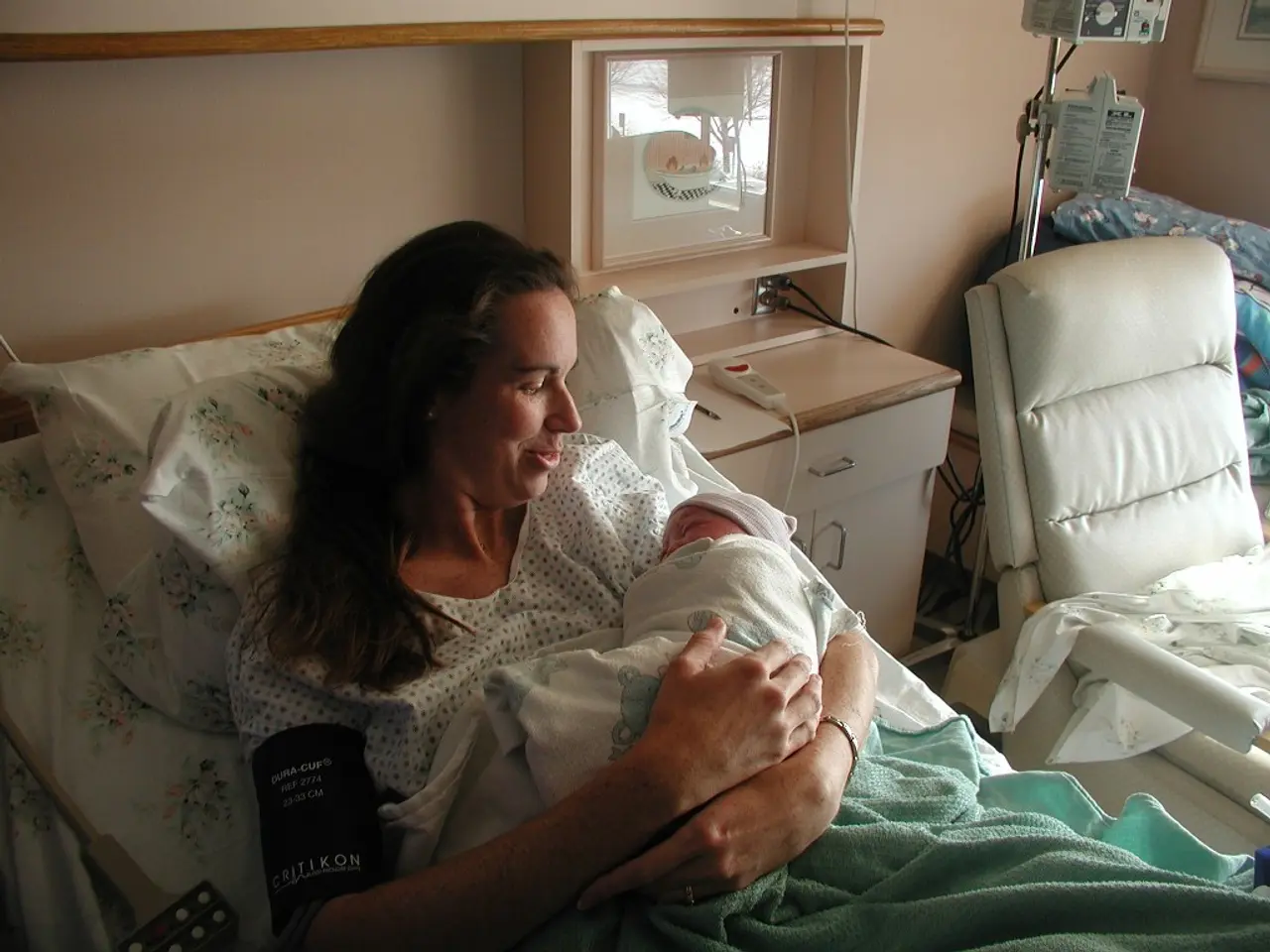Navigating Gender Dynamics: Contemporary Child-Rearing Practices in Nigeria
Modern parenting in Nigeria is evolving, with an increasing focus on gender equality and shared responsibilities. However, this quest encounters several challenges, including cultural and societal resistance, role conflict within relationships, and external pressures and judgments.
Despite these obstacles, there are numerous examples of Nigerian families successfully balancing their gender roles. The Dike, Ibrahim, and Okonkwo families, among others, are setting precedents by embracing modern parenting practices such as shared childcare, domestic duties, joint decision-making, and balancing career and parenting responsibilities.
Mothers in Nigeria are no longer confined to traditional roles. They are pursuing careers and contributing significantly to the financial well-being of their families. This shift is facilitated by strategies such as open communication, shared decision-making, equal distribution of household chores and parenting responsibilities, and flexible work arrangements and parental leave policies.
However, the persistence of traditional gender expectations amid increasing pressures on women to combine professional work with household and childcare duties, often referred to as the "second shift," continues to pose a significant challenge. Nigerian women frequently experience exhaustion due to juggling employed roles and extensive family responsibilities, while men may prioritize financial success, sometimes at the expense of family engagement.
Moreover, societal expectations and stereotypes expect men to focus on economic provision and discipline, while women serve as primary caregivers. This complicates efforts to share parenting roles equally. The absence of formal childcare support and parental leave policies also reinforces gendered task segregation and challenges gender equality in parenting.
Economic pressures, evolving debates, and societal resistance further complicate the shift towards gender equality in parenting. However, education, economic opportunities, and gender equality and women's empowerment movements are contributing to the shift in gender roles in Nigerian society.
When parents share household and child-rearing responsibilities, it promotes gender equality within the family. This not only improves parenting dynamics but also has a positive impact on children's development. Allowing men to actively participate in parenting enables them to bond with their children and develop a strong emotional connection. It also breaks the stereotype that men are only responsible for providing financially, encouraging them to play a more active role in the household.
This approach recognizes that gender should not limit the roles and responsibilities of parents. When both parents actively participate in child-rearing, they provide a diverse range of skills, perspectives, and experiences. This creates a more nurturing and enriching environment for the child. Children grow up seeing both parents as equal partners, which challenges ingrained gender stereotypes and promotes respect and understanding between genders.
Balancing gender roles in parenting brings numerous benefits, including improved parenting dynamics, a positive impact on children's development, an equal distribution of household and childcare responsibilities, and promoting a healthy work-life balance for both parents. The shift towards modern parenting practices in Nigeria is marked by a growing movement towards gender equality and a more balanced and collaborative approach to raising children.
[1] Adekunle, A., & Olugbenga, O. (2015). Gender and Parenting in Nigeria: Challenges and Prospects. African Journal of Management, 10(3), 363-377. [2] Oyewumi, O. (2016). The Changing Landscape of Gender Roles in Nigeria: Implications for Family Dynamics. Journal of African Studies, 18(2), 123-140. [3] Oyedele, A. (2018). Women's Empowerment and Gender Equality in Nigeria: A Critical Analysis. African Journal of Social Sciences, 11(1), 5-20. [4] Oyedepo, A. (2019). The Impact of Feminist Ideals on Family Dynamics in Nigeria. Journal of Family Studies, 25(2), 157-172. [5] Uwadia, E. (2020). The Evolution of Gender Roles in Nigerian Parenting: A Critical Analysis. Journal of African Social Issues, 14(1), 34-51.
- In Nigerian families, there's an evolving trend towards modern parenting, which entails shared childcare, domestic duties, joint decision-making, and a balance between career and parenting responsibilities.
- As more mothers in Nigeria pursue careers, the financial well-being of families significantly improves, facilitated by open communication, shared decision-making, distribution of household chores, and flexible work arrangements.
- The traditional belief that men should prioritize financial success and women should be primary caregivers persists, creating challenges for equal parenting roles, despite increasing professional pressures on women.
- The Dike, Ibrahim, and Okonkwo families are paving the way for gender equity in parenting by embracing modern practices and challenging societal expectations.
- Education, economic opportunities, and gender equality and women's empowerment movements are crucial factors contributing to the shift in gender roles in Nigerian society.
- Formal childcare support and parental leave policies are essential to mitigate gendered task segregation and support the growth of gender equality in parenting.
- Equal participation in parenting by both parents fosters the child's development, promotes gender equality within the family, and contributes to their growth by exposing them to diverse skills, perspectives, and experiences.
- The science of child development demonstrates the benefits of shared parenting, showcasing its positive impact on children's overall health, and mental well-being, and the stability of family relationships.




